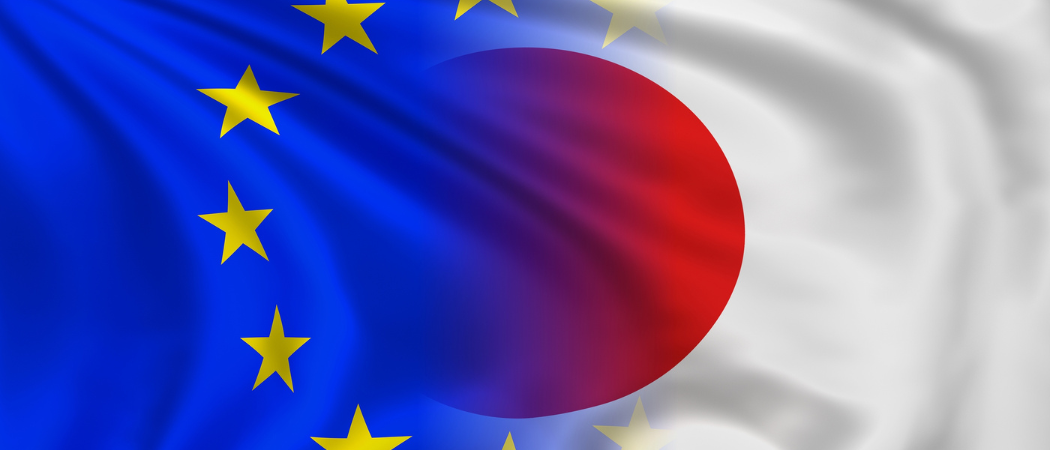After tiptoeing around the issue for years, the two science powers are ready for formal negotiations

Photo credits: meshmerize / BigStock
Brussels and Tokyo have kicked off negotiations for Japan to join the EU’s research and innovation programme Horizon Europe, according to a statement by the European Commission.
If successful, the formal talks could open the way for Japan to take part in the closest form of cooperation in research and innovation that the EU can offer. The Japanese government had been unsure about a possible association deal and a decision was delayed while other countries outside Europe – such as Canada, New Zealand and South Korea – have been signing Horizon Europe association deals.
The Commission announced the start of formal talks only one day before the mandate of EU research commissioner Iliana Ivanova ends. Bulgarian Ekaterina Zaharieva will replace her as of 1 December.
Ivanova said the start of negotiations marks a step change in EU-Japan relations. “For both EU and Japan, research and innovation are key to ensuring competitiveness and achieving the green and digital transitions,” she said.
The talks will focus on how Japan can best participate in Horizon Europe’s so-called Pillar 2, a string of collaborative projects and partnerships that represent the largest chunk of Horizon Europe’s €93.3 billion budget.
Horizon Europe’s Pillar II funds pre-competitive research and innovation projects where academics and companies work on EU-defined challenges and priorities. The Pillar may be restructured and simplified by 2028 when FP10, the Horizon Europe successor programme, is due to start.
Political negotiations over the structure of FP10 are ongoing in Brussels and other radical changes are coming. A group of experts led by former Portuguese science minister Manuel Heitor recommended FP10 should allow dual use research in the programme, as the EU tries to boost its military R&D in the face of an aggressive Russia. But a more military focus for FP10 could cause problems for associated countries outside the EU.
However, until details of FP10 are sorted, if the EU-Japan talks end in a positive result, Japanese researchers would be able to lead and coordinate their own research and innovation projects in Horizon Europe, seek deeper collaboration with partners in the EU as well as from the other associated countries, and get funded. As a full, associated member of Horizon, Japan would pay an agreed sum into the central Horizon funding pot, and in return Japanese researchers would compete on an equal footing with European researchers for Horizon grants in Pillar 2. At present, while some Japanese researchers participate in Horizon projects, they usually have to get the funding for it from Tokyo rather than directly from Brussels.
The negotiations will proceed “in the next months”, the Commission said. In the past, formal association talks with other countries has required at least a year.
Association to Horizon Europe is one of the Commission’s main tools for boosting collaboration in research and innovation in an increasingly changing and volatile world.
In addition to Canada, New Zealand and South Korea, longstanding neighbouring partners such as the UK, Israel and Norway are also associated to Horizon Europe.
Horizon Europe now includes 19 associated countries, more than any previous EU research and innovation programme.
“The association of [South Korea] is expected to be signed in the coming months to allow its participation from 2025, and negotiations with Egypt and Switzerland are ongoing,” the Commission said. Switzerland has been stuck outside the programme after a wider dispute with Brussels stopped it from associating to Horizon Europe when it began in 2021. Egypt already participates in many Horizon projects, but the idea of full association has been controversial in the European Parliament due to allegations that the government constrains academic freedom.





 A unique international forum for public research organisations and companies to connect their external engagement with strategic interests around their R&D system.
A unique international forum for public research organisations and companies to connect their external engagement with strategic interests around their R&D system.